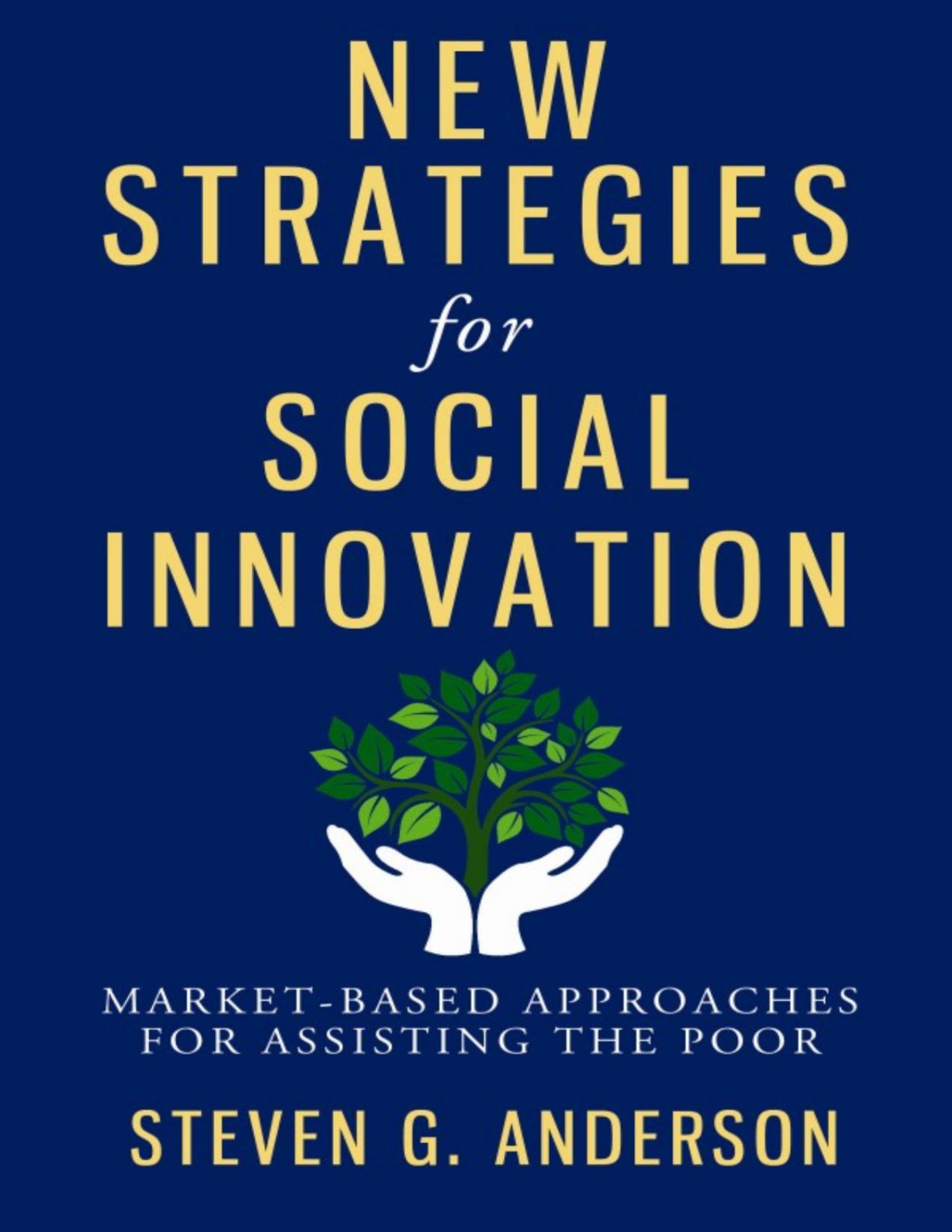

Most ebook files are in PDF format, so you can easily read them using various software such as Foxit Reader or directly on the Google Chrome browser.
Some ebook files are released by publishers in other formats such as .awz, .mobi, .epub, .fb2, etc. You may need to install specific software to read these formats on mobile/PC, such as Calibre.
Please read the tutorial at this link: https://ebookbell.com/faq
We offer FREE conversion to the popular formats you request; however, this may take some time. Therefore, right after payment, please email us, and we will try to provide the service as quickly as possible.
For some exceptional file formats or broken links (if any), please refrain from opening any disputes. Instead, email us first, and we will try to assist within a maximum of 6 hours.
EbookBell Team

4.0
16 reviewsMarket-based development strategies designed to help the world's poor receive significant support from advocates, academics, governments, and the media, yet frequently the perceived success of these programs rests on carefully selected examples and one-sided, enthusiastic accounts. In practice, these approaches are often poorly defined and executed, with little balanced, comparative analysis of their true strengths and weaknesses.
This book is the first to assess emerging market-based social change approaches comparatively, focusing specifically on social entrepreneurship, corporate social responsibility, fair trade, and private sustainable development. Steven G. Anderson begins by identifying the problems these programs address and then describes their core, shared principles. He follows with a general framework for defining and evaluating these and other development approaches. Separate chapters provide background on the historical development and application of each approach, as well as interpretations of the processes for implementation and the underlying behavioral assumptions related to successful outcomes. A final chapter compares each approach across a set of important program development dimensions and analyzes the utility of market-based approaches as part of a general consideration of social development strategies for the developing world.